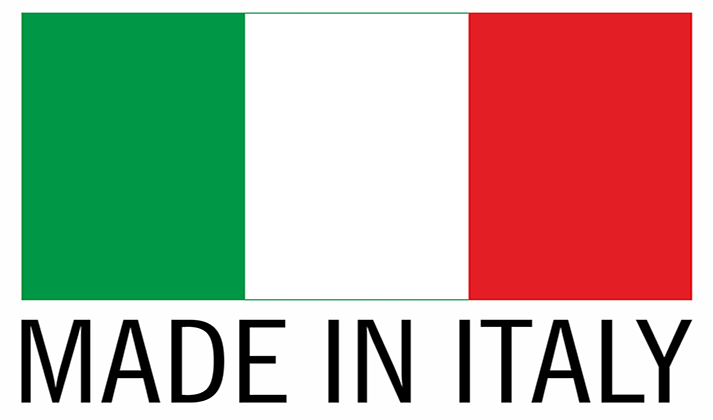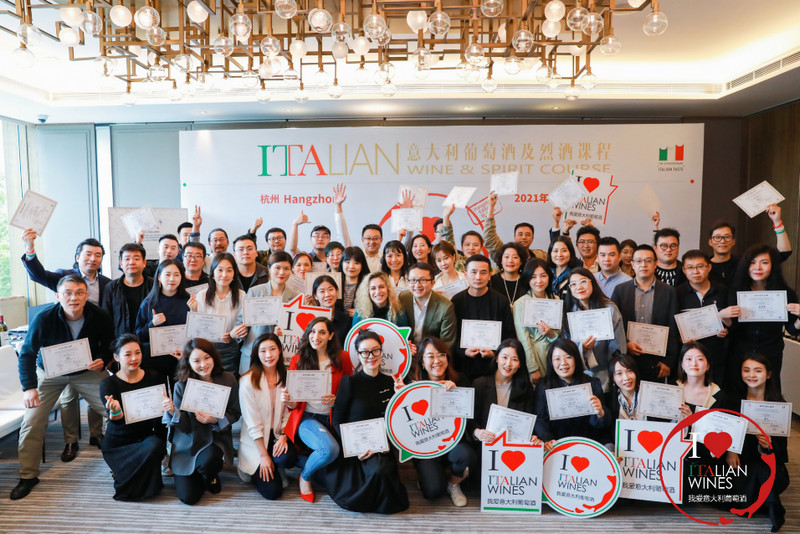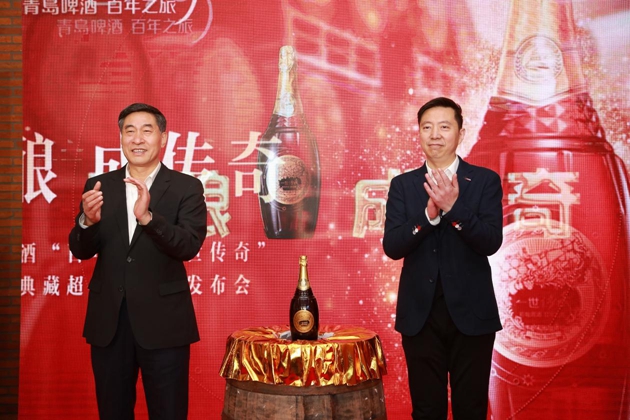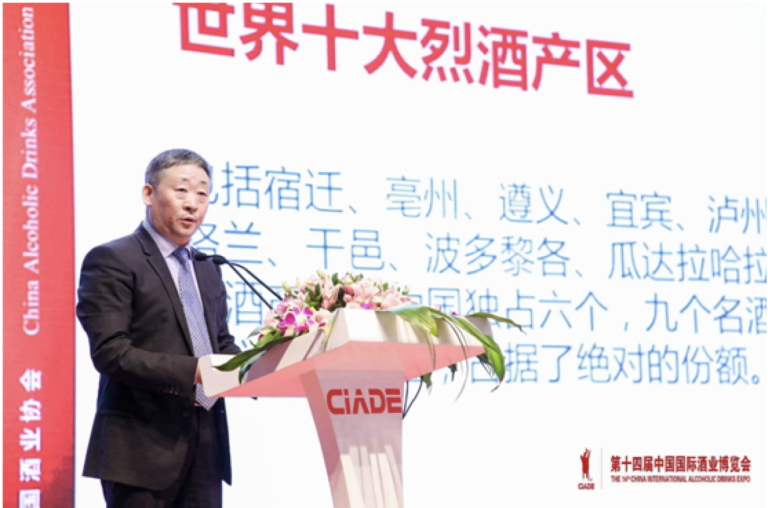Italian Trade Agency (ITA) wants to educate China about Wine

In the world of wine, China has emerged as a prominent market with tremendous growth potential. To effectively tap into this market, Italian wine producers must prioritize wine education as a critical component of their strategy.
The Italian Trade Agency (ITA) is filled with cautious optimism regarding the Chinese wine market this year, as China’s swift reopening presents new opportunities. To prepare for an anticipated market rebound, the ITA has launched specialized wine and spirits courses tailored specifically for the Chinese wine trade.
Cost-Effective Agency
KPI and Results focused. We are the most visible Marketing Agency for China. Not because of huge spending but because of our SMART Strategies. Let us help you with: E-Commerce, Search Engine Optimization, Advertising, Weibo, WeChat, WeChat Store & PR.

Recognizing the significance of Italian wine education as a fundamental element in promoting Italian wines in China, F Galli, Deputy Director of ITA Beijing Office, highlights the ITA’s custom-designed courses. These programs not only provide traditional Italian wine knowledge but also offer a distinctive commercial and business perspective, catering to the needs of the Chinese wine trade. source Wine Vino
the importance of wine education in China
This article explores the importance of wine education in promoting Italian wine in China, while also providing valuable tips on exporting wine and developing a strong brand presence in this vast and dynamic market.

- Understanding the Chinese Market: Before diving into the specifics, it is crucial for Italian wine producers to gain a deep understanding of the Chinese market. Conducting market research, studying consumer preferences, and identifying trends will help inform decisions and tailor marketing strategies accordingly.
- Invest in Wine Education: Wine education plays a pivotal role in cultivating a knowledgeable consumer base and fostering a strong wine culture in China. By organizing tastings, workshops, and seminars, Italian wine producers can engage with Chinese wine enthusiasts, imparting knowledge about the unique characteristics of Italian wines and the art of wine appreciation.
- Collaborate with Wine Educators and Influencers: To enhance brand visibility and credibility, partnering with respected wine educators and influencers in China can be highly beneficial. These individuals possess expertise and a strong following, enabling them to effectively communicate the qualities and virtues of Italian wines to a wide audience.
- Adapt to Local Tastes and Preferences: While preserving the authenticity of Italian wines, it is essential to adapt to local tastes and preferences. Conduct tastings and gather feedback from Chinese consumers to understand their preferences better. This insight can inform decisions regarding flavor profiles, labeling, and packaging, enabling Italian wines to resonate more strongly with the target audience.
- Emphasize Branding and Storytelling: Building a strong brand presence in China necessitates effective branding and storytelling. Highlight the unique heritage, craftsmanship, and cultural significance of Italian wines. Leverage digital platforms, such as social media, to share engaging content, including stories behind the wines, winemakers’ journeys, and vineyard visits. Engage Chinese consumers by crafting narratives that evoke emotions and create memorable connections with the brand.
- Leverage Online Sales Channels: E-commerce has experienced explosive growth in China, providing an excellent avenue for wine sales. Collaborate with established online platforms, wine clubs, and retailers to expand reach and facilitate convenient purchasing options for Chinese consumers. Implementing online marketing strategies, such as personalized recommendations, user reviews, and promotions, can further boost sales and brand visibility.
- Establish Strong Distribution Networks: Developing reliable distribution networks is crucial for successful wine exports in China. Partnering with reputable importers and distributors who have a deep understanding of the local market can ensure a smooth and efficient supply chain. This enables Italian wine producers to reach a broader consumer base, including restaurants, hotels, wine bars, and retail outlets across the country.
- Participate in Trade Shows and Exhibitions: Participation in industry trade shows and exhibitions provides an excellent platform for showcasing Italian wines to a targeted audience. These events allow for direct interactions with potential buyers, distributors, and industry professionals. Capitalize on the opportunity to create brand awareness, establish connections, and gain insights into market trends and competition.
Conclusion:
In the competitive Chinese wine market, wine education serves as a crucial catalyst for promoting Italian wines successfully. By investing in wine education, adapting to local preferences, and implementing effective branding strategies, Italian wine producers can seize the vast opportunities offered by China. Leveraging digital platforms, developing strong distribution networks, and actively participating in industry events will contribute to long-term success in this rapidly expanding market.
Read more
https://italia.marketingtochina.com/cosa-devono-sapere-gli-esportatori-sul-vino-in-cina/






